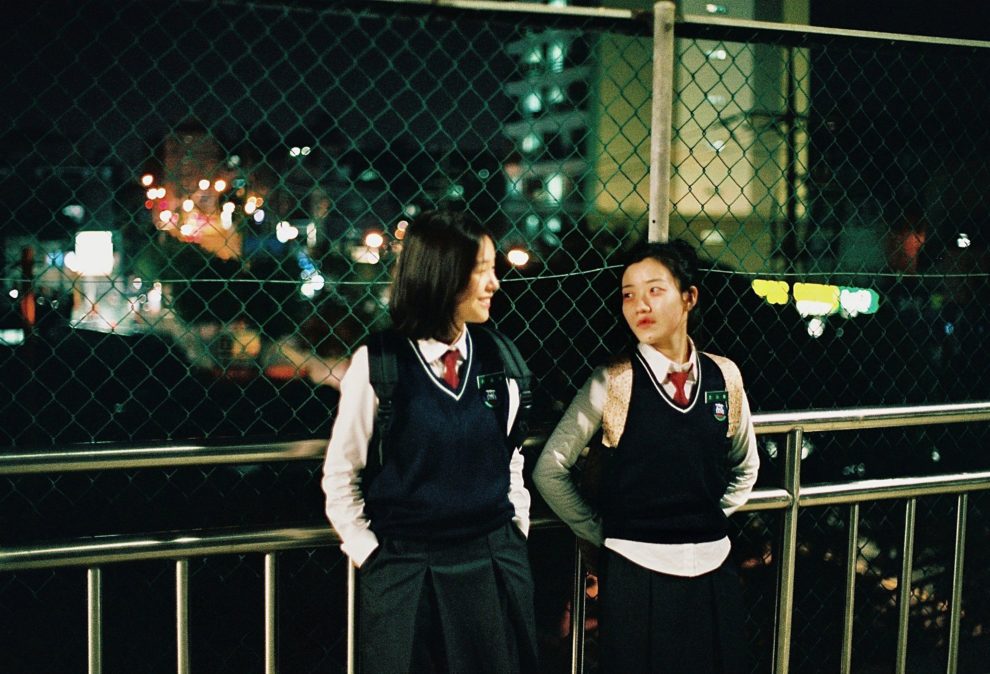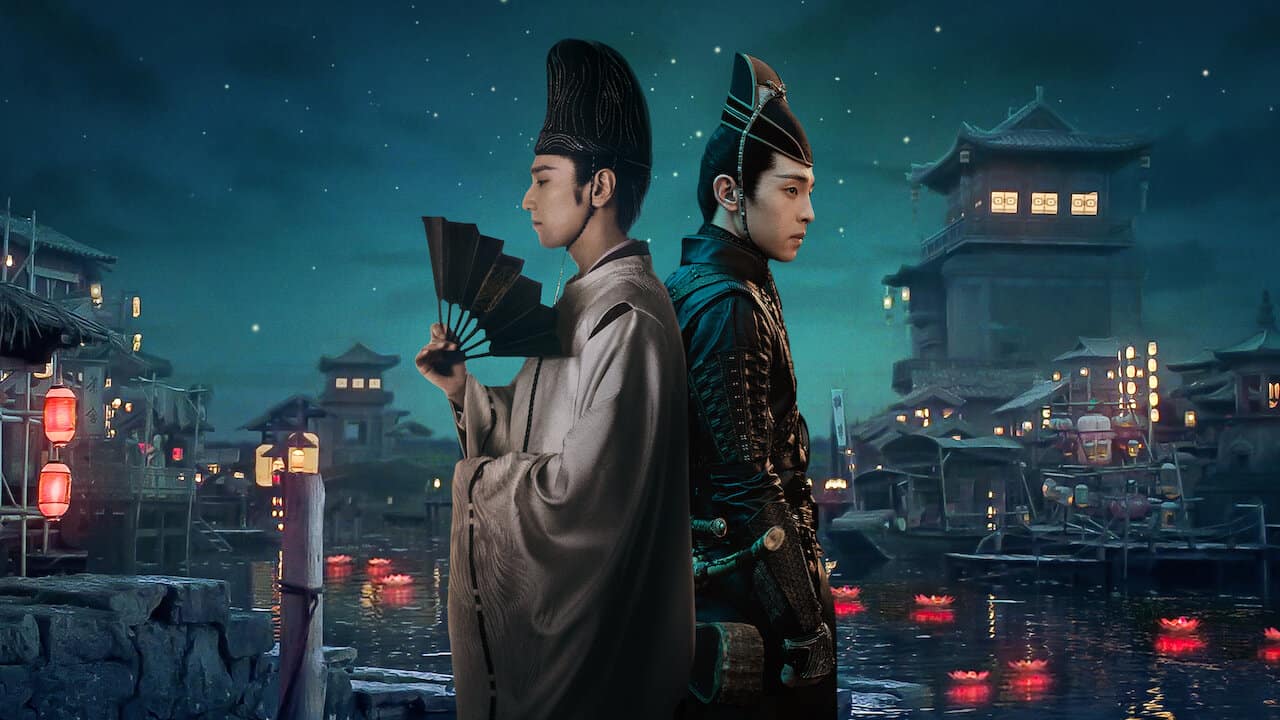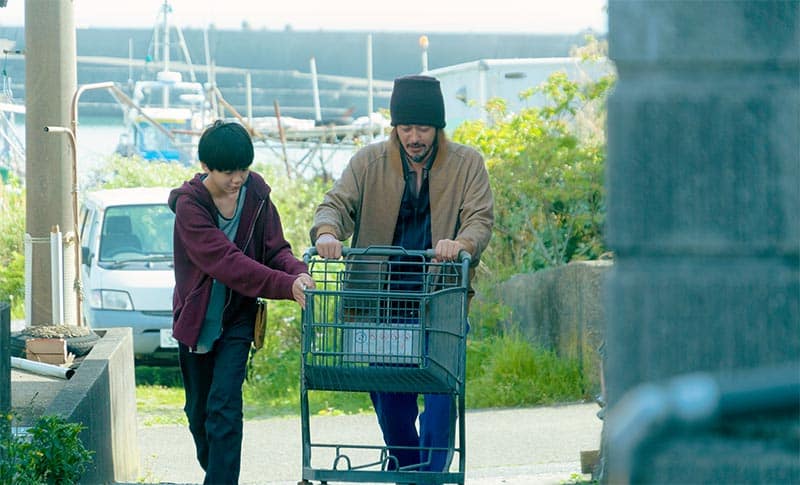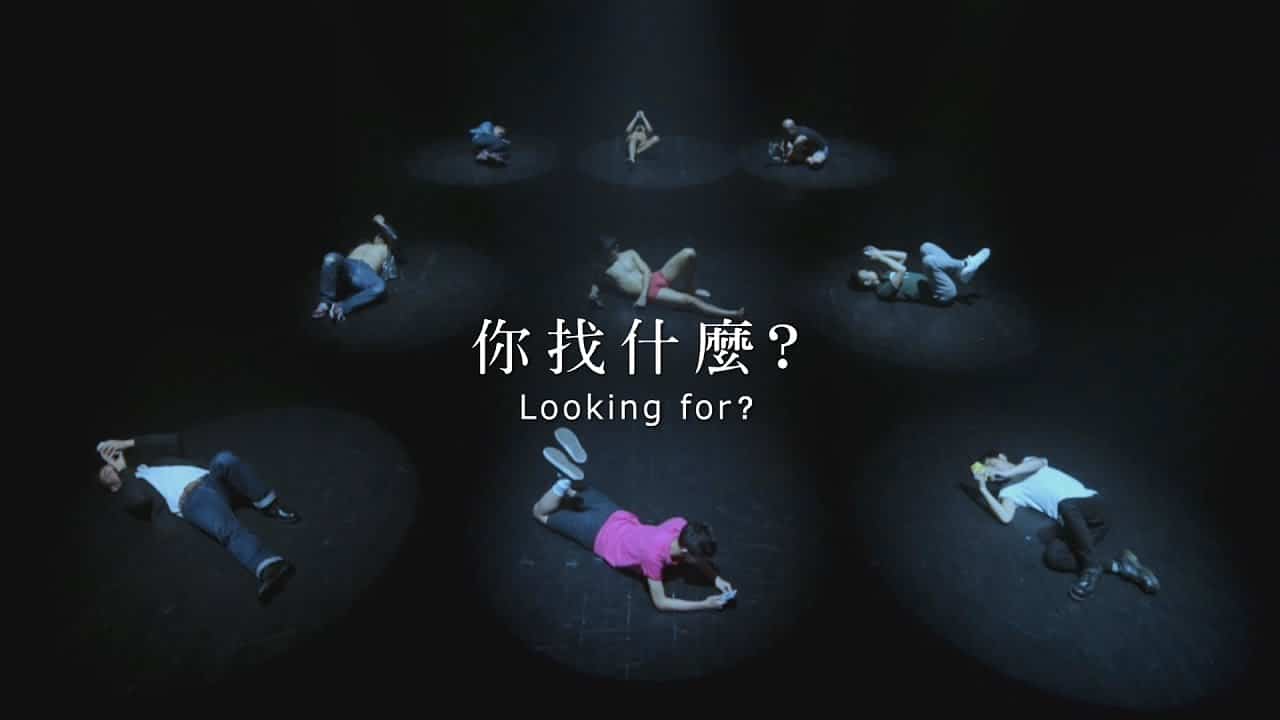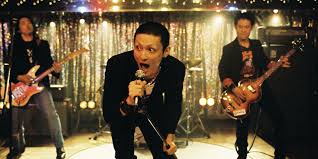The plight of high school teenagers has been the subject of several features, both mainstream and indie productions. With the latter in particular, this is a subject that has often found favour and with the right treatment and a fresh story, these features tend to stand out in the crowded sub-genre. Director Lee Woo-jung, for her debut feature film which premiered in the New Currents section at Busan International Film Festival last year, also tells the story from the similar perspective and dissects the relationship between three best friends.
“Snowball” is screening at New York Asian Film Festival
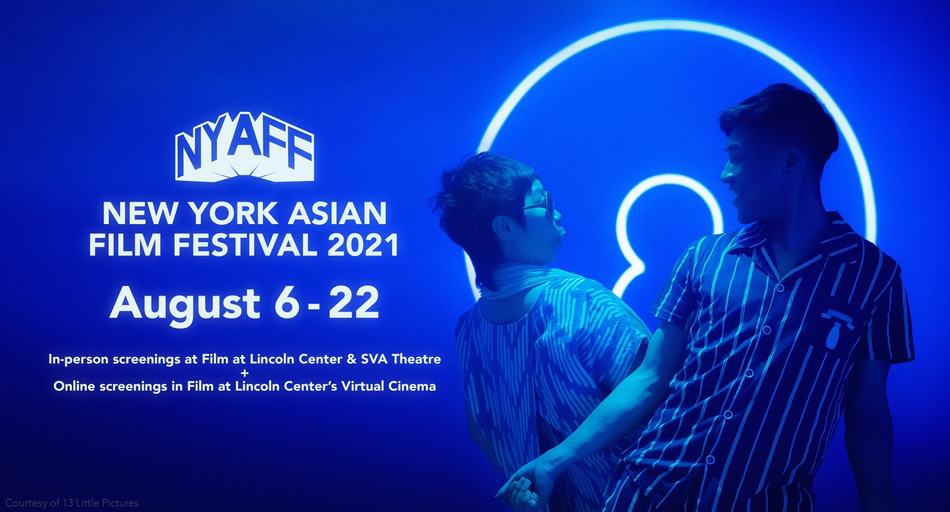
Best friends Lee Kang-yi, So-young and Ah-ram couldn't be more different from each other. So-young is a straight-A student and the class beauty, who manages to get the three out of trouble every time, the more rebellious towards authority and parents. Ah-ram comes from a poor family with an abusive father and can't seem to stop herself from picking things off the streets, those with or without owners, but is the most free-spirited of the three. Kang-yi, on the other hand, is outwardly the quietest, but is the glue that hold the group together. When So-young one day decides to run away from her house and asks the other two to join her, they gladly agree and the three run off to Seoul. But life in the big city is harsh and hard and slowly, as their money runs out, it starts to take a toll on their friendships in a way they never imagined possible.
Lee Woo-jung's feature, off a script by herself based on a novel Im Sol-ah, follows the path trodden by a number of features before it, notably works like “Bleak Night” or “After My Death”, in depicting the trials and tribulations of growing up in Korea as a generation rebelling against family and trying to grow up independent of tradition. It also follows few other films still, “Young Adults Matter” being a recent example, in portraying the issues faced by runaway teenagers who leave their countryside towns and try to make it on their own in the big cities. Despite these similarities, “Snowball” has its own unique voice, thanks to Lee's very composed direction, that manages to make itself heard. What begins with pranks, drunken shenanigans and friendly banter soon gives way for something more serious, once the girls move out on their own. All the girls' reasons for moving out of their homes are different. Ah-ram probably needs it the most, with her abusive father making life hell. Kang-yi likes her parents but living conditions aren't ideal, her mother's religious ways a choking presence. So-young seems to have it the easiest, coming from an affluent family but still is the one that proposes the move, for reasons unknown.

Thus, when life in the big city starts to feel overbearing, the cracks that begin to form in their friendship are organically developed and their aftermaths believable. The issue of bullying also comes up in the second half significantly, although it is so good at depicting the psychological bullying that even when a scene of physical altercation comes up, the scenes where the character's psyche is affected manage to be more impactful, in the process showing that rejection or neglect from someone you cherish hurts a lot more than any physical infliction. The narrative also uses stray and domesticated dogs and cats, both as an on-screen presence and as narrated stories that may or may not be true, as rather poignant metaphors to put some important messages across.
Lee's biggest victory here however is her handling of her young lead actresses, all three of whom give very strong performances. The audience follows Bang Min-ah's Kang-yi for the entire duration and the Girl's Day singer's performance is a revelation. Making use of the many emotions the character goes through, not just in her interactions with her friends but also that of her parents, Bang Min-ah gives a layered performance. Her outbursts of emotions, first as an apology to a stranger they befriend and then at an important juncture later in the storyline, are heartbreakingly beautiful. Her narrations are also well-delivered, as are the few odd moments of a smile that light up her face and the screen.
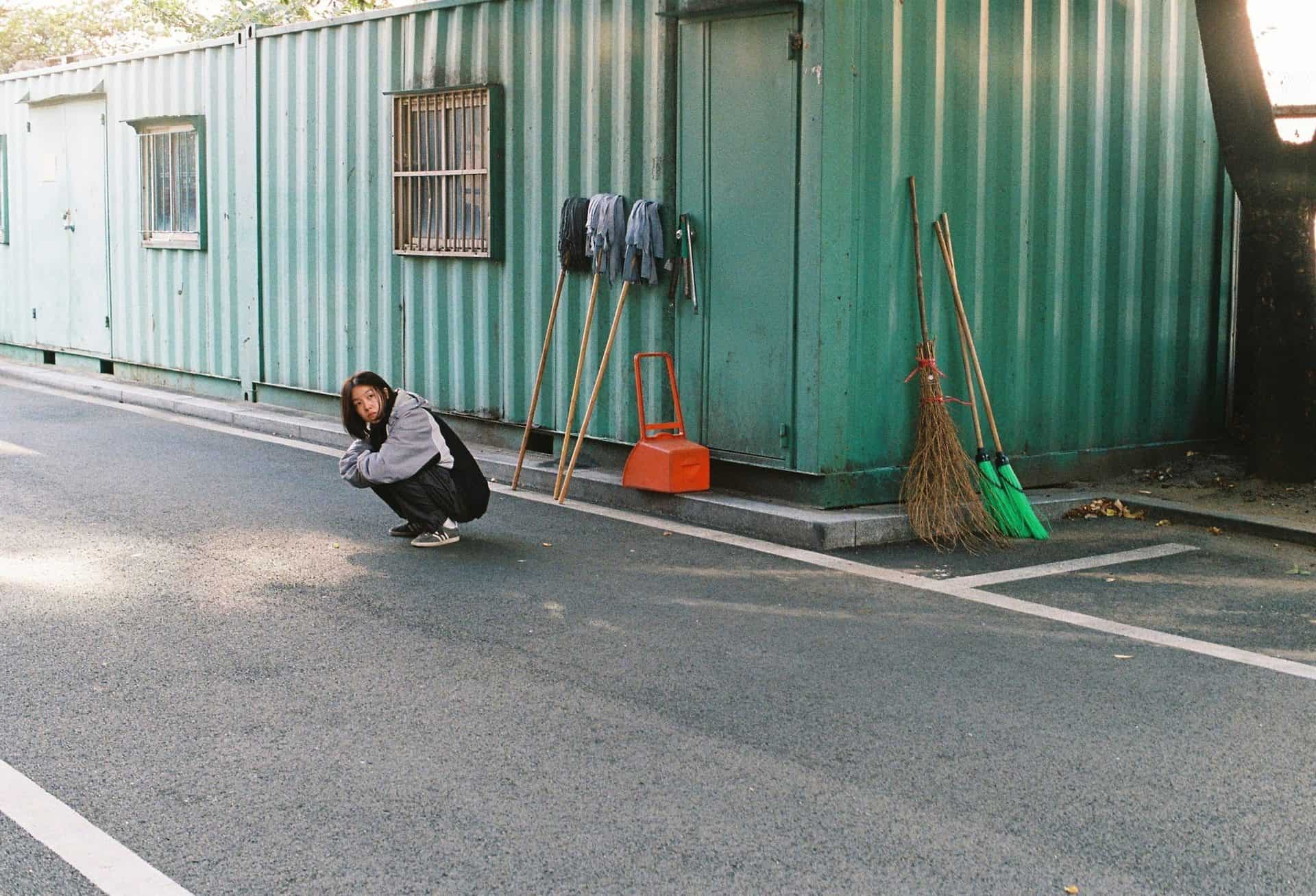
Shim Dal-gi plays Ah-ram, whose best moments come when she's telling the story of the stray dog and vet and when she talks of her relationship with her father. Han Sung-min, on the other hand, portrays the character development of So-young effectively, moving from the de facto leader of the group to the emotionally broken girl and later to the bully, convincingly. Some of her scenes with Bang Min-ah in the latter half remind of those shared by Lee Je-hoon and Park Jung-min in “Bleak Night”. In fact, the chemistry all three girls share, specially in the first half, also reminds of the characters of another feature revolving around female school friends, “Sunny”.
Lee Jae-u keeps his camera handheld as it follows the girls' journey, mirroring the turmoil within them and their relationships. That one incident on a fateful night in their semi-basement house is shot sensitively and in an artistic manner. Han Young-kyu is on editing duties and manages to keep scenes at just the right length. At 110 minutes, the feature is not short, but the editing never really makes any scenes seem needlessly long. The ending, though, is sure to divide audiences over justifying its validity.
In the end, despite treading familiar grounds, Lee Woo-sung's “Snowball” is a feature that understands its subject matter well and manages to put its points across convincingly, making its place in some esteemed but generally crowded genre space. Backed by three excellent lead performances, it is a satisfying showcase of the rising director's talent and future projects of not just hers but her three lead actresses should be looked forward to with anticipation.


